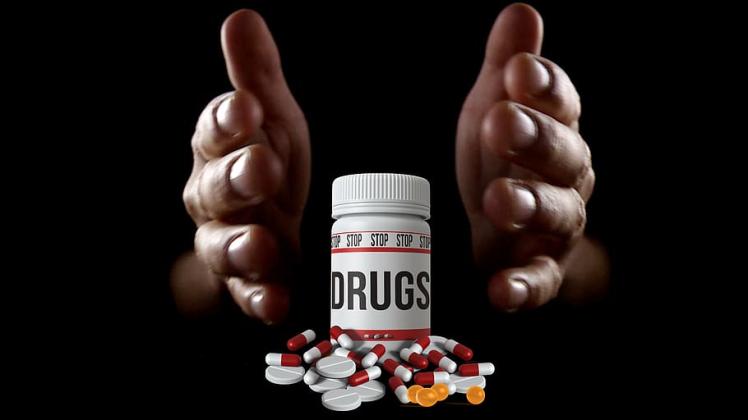
Drugs Induced Erectile Dysfunction
Erectile dysfunction is a highly prevalent medical problem affecting a significant proportion of men. It is important for a number of reasons, causing impairment of quality of life and, if related to drug therapy, leading to non-compliance. Drug therapy accounts for erectile dysfunction in approximately 25% of cases and is mostly readily reversible when the offending agent is stopped, or a suitable alternative is substituted. Many classes of drug may be responsible, interfering with the normal physiological processes leading to penile erection in a dose-related fashion, and in ways which can usually be predicted from their pharmacology. The most commonly implicated classes of drug include antihypertensives such as thiazide diuretics and beta-adrenoceptor antagonists and psychotherapeutic drugs, especially selective serotonin reuptake inhibitor (SSRI) antidepressants. We review the agents which can cause erectile dysfunction, the evidence for this adverse effect and the physiological mechanisms involved.
